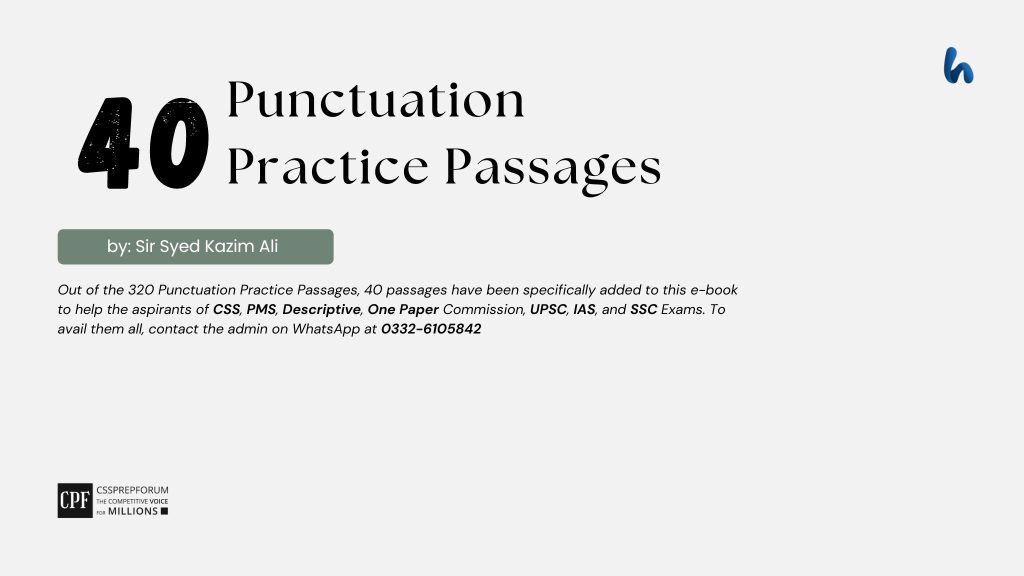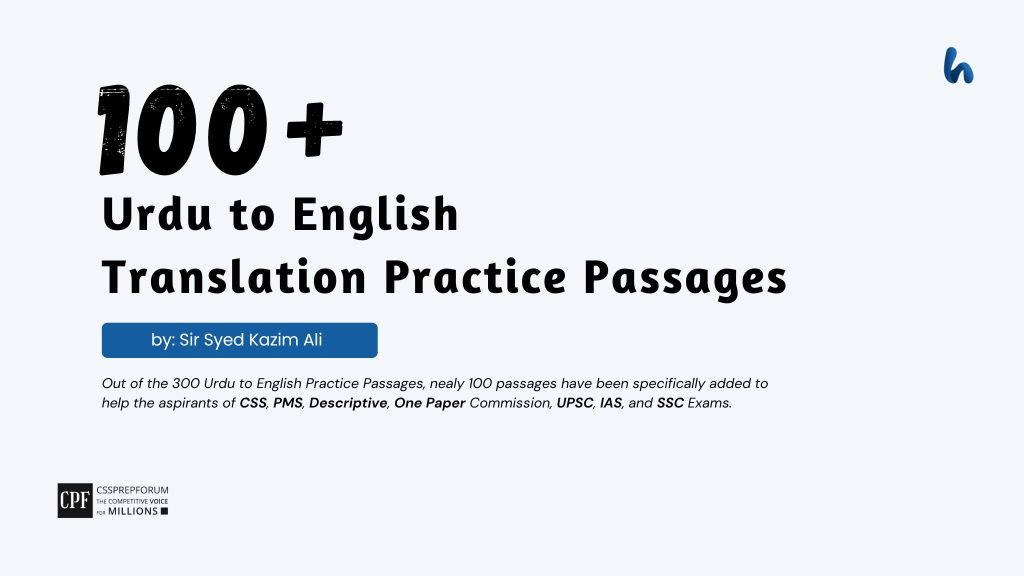Dr. Aimen, a Sir Syed Kazim Ali student, has attempted the Civil Judge KPK 2009 Five Paragraph Essay “Significance of the Rule of Law in a Democratic Society“ on the given pattern, which Sir Syed Kazim Ali teaches his students. Sir Syed Kazim Ali has been Pakistan’s top English writing and CSS, PMS essay and precis coach with the highest success rate of his students. The essay is uploaded to help other judiciary and competitive aspirants learn and practice essay writing techniques and patterns to qualify for the essay paper.

Significance of the Rule of Law in a Democratic Society
Outline
1-Introduction
The rule of law is the foundation of any democratic society, ensuring equality, accountability, and justice by protecting individual rights, maintaining order, and preventing the abuse of power through a system where laws apply equally to all, including those in positions of authority.
2-What is the significance of the rule of law in a democratic society?
2.1-Ensuring justice and equality
- The rule of law guarantees that all individuals are treated fairly and equally under the law, preventing discrimination and injustice.
- Evidence: According to the United Nations (2021), societies that uphold the rule of law experience lower levels of corruption and greater public trust in legal institutions.
2.2-Stability and preventing chaos
- A democratic society depends on stability, which is ensured when laws are respected, and conflicts are resolved through legal mechanisms.
- Evidence: The World Justice Project (2022) ranks countries with strong rule of law systems higher in global peace and stability indexes, demonstrating the link between legal order and societal harmony.
2.3-Protecting civil liberties and human rights
- Democracy thrives when fundamental rights such as freedom of speech, assembly, and expression are protected by law.
- Evidence: The Universal Declaration of Human Rights (Article 7) states that all individuals are equal before the law and entitled to legal protection without discrimination.
3-Conclusion

The Essay Begins Below!
A true democracy cannot function without the rule of law, which ensures that all individuals, including government officials, are subject to the same legal framework. It establishes a system where justice, fairness, and accountability prevail, preventing arbitrary decisions and protecting fundamental rights. According to the United Nations (2021), societies that uphold the rule of law experience lower corruption levels and greater trust in legal institutions. In a democratic society, laws must be clear, consistently enforced, and applicable to all, ensuring stability and civil rights protection. Therefore, the rule of law is essential for maintaining justice, preventing chaos, and safeguarding democracy, making it a fundamental governance pillar.
To begin with, the rule of law guarantees justice and equality by ensuring that all individuals, regardless of status or influence, are treated fairly under the law. In a democratic society, laws must be applied consistently so that no person is above legal accountability. This principle prevents discrimination and protects citizens from arbitrary actions by those in power. According to the United Nations (2021), societies that uphold the rule of law experience lower levels of corruption and greater public trust in legal institutions. When laws are enforced impartially, individuals have confidence in the justice system, reducing social inequalities and fostering harmony. Thus, without the rule of law, justice would become selective, benefiting the powerful while oppressing the weak, ultimately leading to widespread discontent and instability.
In addition to ensuring justice, the rule of law plays a crucial role in maintaining stability and preventing societal breakdown. A democracy cannot function if laws are ignored and conflicts are resolved through force rather than legal mechanisms. In fact, the rule of law creates order by ensuring that political or social disputes are settled through legal frameworks rather than violence. The World Justice Project (2022) ranks countries with strong rule of law systems higher in global peace and stability indexes, demonstrating the link between legal order and societal harmony. When laws are respected, individuals and institutions adhere to established procedures, reducing political turmoil and civil unrest. Conversely, nations that fail to uphold the rule of law often experience chaos, as seen in fragile democracies where legal uncertainty fuels instability and weakens governance.
Most importantly, the rule of law safeguards civil liberties and human rights, which are essential in a democratic society. Fundamental freedoms—such as freedom of speech, assembly, and expression—are protected only when legal frameworks prevent government overreach. Without these protections, democracy risks turning into authoritarianism. The Universal Declaration of Human Rights (Article 7) states that all individuals are equal before the law and entitled to legal protection without discrimination. When governments are bound by law, they cannot arbitrarily restrict freedoms or silence opposition, ensuring that democracy remains intact. The rule of law empowers citizens by giving them legal avenues to challenge injustice, reinforcing democratic principles and preventing the abuse of power. Without it, basic freedoms would be at risk, making democratic participation impossible.
In conclusion, the rule of law is the foundation of a strong and stable democracy, ensuring justice, equality, and the protection of civil liberties. By enforcing laws fairly, it prevents corruption, discrimination, and political instability, fostering public trust in institutions. Countries with strong legal systems experience lower crime rates, greater economic growth, and stronger democratic governance, as highlighted by global justice reports. Without the rule of law, societies risk chaos, oppression, and the erosion of democratic values. Therefore, upholding the rule of law is essential for maintaining democracy, protecting individual freedoms, and ensuring a just and orderly society.

Click on Any to Start Reading



FAQs About Sir Syed Kazim Ali

CSS Solved Past Papers’ Essays
Looking for the last ten years of CSS and PMS Solved Essays and want to know how Sir Kazim’s students write and score the highest marks in the essays’ papers? Then, click on the CSS Solved Essays to start reading them.
CSS Solved Essays
CSS Solved General Science & Ability Past Papers
Want to read the last ten years’ General Science & Ability Solved Past Papers to learn how to attempt them and to score high? Let’s click on the link below to read them all freely. All past papers have been solved by Miss Iqra Ali & Dr Nishat Baloch, Pakistan’s top CSS GSA coach having the highest score of their students. General Science & Ability Solved Past Papers











